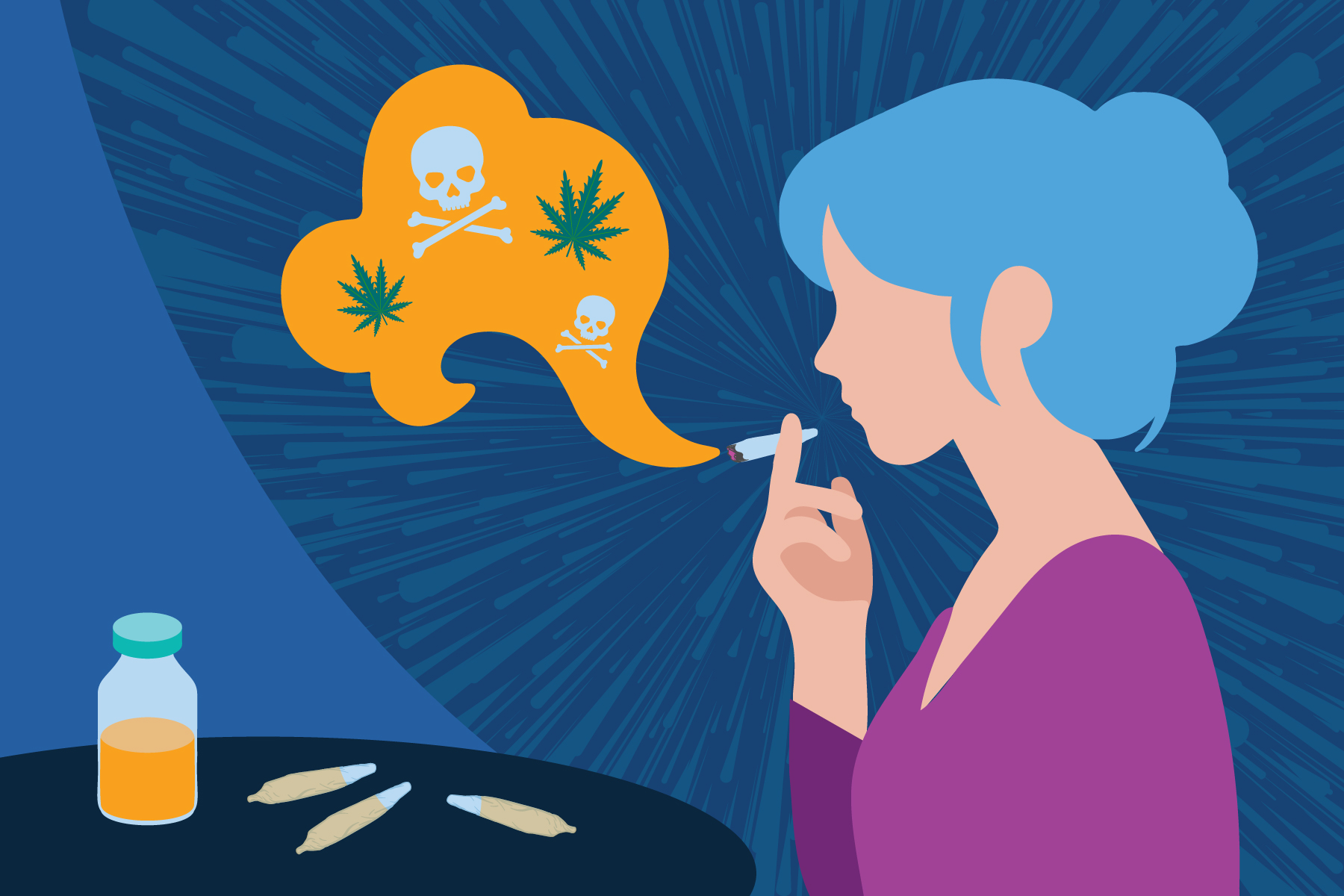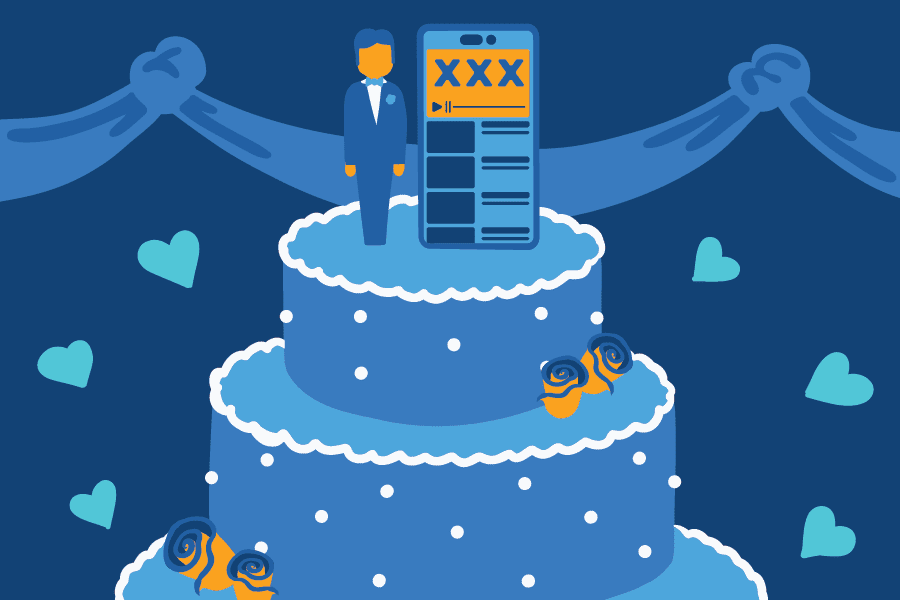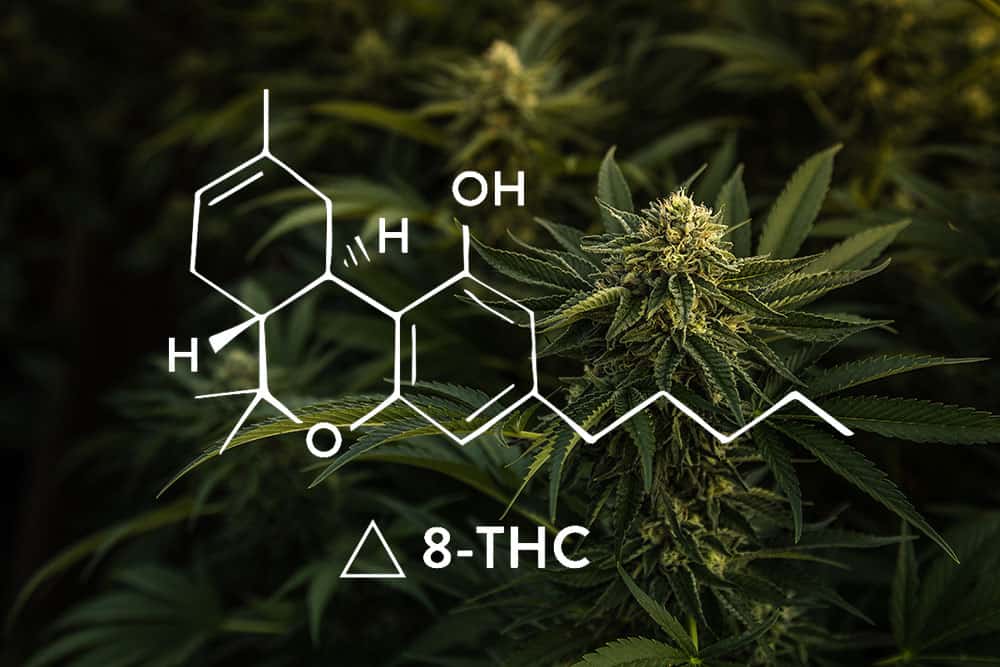What is the Consequences of Underage Drinking
Teens are at a stage of development where they want more independence. This means that they’re pushing their limits and trying new experiences. While this sense of independence is for the most part healthy and natural, but for a many teens, it unfortunately involves underage drinking.
According to the National Institute on Alcohol Abuse and Alcoholism, 60 percent of teens have tried alcohol by age 18. Beyond simple curiosity and the desire to experiment, teens drink for several reasons. One is the influence of media: movies, TV shows and advertisements make drinking look glamorous, sending teens the message that if they drink they’ll seem cool and be accepted.
Another reason teens drink is their stage of brain development. The brain develops until the mid-twenties, so teens are at a stage where they’re more likely to act on impulse. Most teens, by design, don’t fully think about the consequences of what they’re doing – they’re more likely to take risks, seek thrills and participate in risky behaviors.
Peers and family also heavily influence teen drinking. Teens often drink simply because their friends are doing so, and when everyone else is doing it, it’s hard to say no. And although some teens are brought up in a family environment where alcohol is seen negatively, many are raised in a household where drinking is seen as positive, which makes underage drinking more likely.
Underage drinking is a widespread problem that can bring serious consequences – physically, psychologically and legally.
Physical Effects of Alcohol on Teens
Because it leads to risky behavior, including thrill-seeking, drunk driving and other reckless behaviors, thousands of young people are injured or killed each year as a result of underage drinking. Nearly 40 percent of these fatalities result from car crashes; 32 percent result from homicides, and 6 percent result from suicides.
Every year, more than 200,000 emergency room visits take place as the result of injuries and other problems related to underage drinking. Teens under the influence of alcohol face a higher risk of serious injury from falls, drowning and other accidents. They’re also more likely to commit suicide and to commit violent crime, and they’re more likely to be the victim of a violent crime.
When teens drink, they also significantly increase their likelihood of engaging in other unsafe behaviors. Teens who drink under age are more likely to be involved in risky sexual behavior. They increase their risk of sexual assault, sex with multiple partners, unplanned pregnancies and contraction of sexually transmitted diseases.
Underage drinking can also lead to major health problems. Because many teens binge drink, alcohol poisoning is a considerable danger. Teens’ bodies can handle only so much alcohol. When they consume more than one drink per hour, their livers can’t process the toxins quickly enough, and the risk of alcohol poisoning skyrockets.
This risk is highest with binge drinking, an activity that nearly one in five high school students engages in. Of all the alcohol that teens drink, 90 percent of it is consumed in binges. (Binge drinking is defined as four drinks in two hours for men, and five drinks in two hours for women.) Overall, 2,200 Americans die from alcohol poisoning every year. Many of those killed are teens.
Another health concern regarding underage drinking is that it disrupts normal growth and sexual development, which are critical during the teen years. Drinking too much alcohol can also permanently harm the liver, the endocrine system and bone development. Finally, teen drinking is a major factor leading to alcoholism and its associated health problems (cancer, liver cirrhosis, stroke) later in life.
Psychological Effects of Teenage Drinking
Underage alcohol consumption often leads to psychological problems. One reason for this is because drinking harms brain development. A recent study by the University of California, San Diego found that heavy drinking damaged the nerve tissue in teens’ brains. The researchers believe this damage harms teens’ attention span as well as their spatial and visual processing.
Alcohol use by minors also affects the structure and function of brain, which can lead to academic problems. Alcohol affects the hippocampus, the part of the brain that controls memory and other important functions.
Researchers have found that the hippocampus is much smaller in people who frequently abused alcohol as teens. As a result, there’s a decline in memory, cognitive abilities, attention span and overall judgment.
Because of the effect of alcohol on developing brains, teens who drink also decline in their ability to plan and organize, and in their overall performance in school. They are much more likely to engage in delinquent behavior. And the effects can be lifelong.
A study by the NIAA shows that teens are more likely to develop chronic alcohol abuse than adults. Researchers have also found that young people who drink often are more likely to develop psychological disorders like anxiety and depression.
Effects of Adolescent Drinking on the Family
When teens drink, they don’t usually think about how their drinking impacts their family and their friends. But underage drinking has a huge impact on these relationships.
Teen drinking can result in bad choices that have ripple effects, causing stress and other problems for friends and loved ones. Issues like injuries, accidents, health problems, legal issues, academic issues and other stress factors can cause the entire family to have to deal with the stress in one way or another.
In fact, many families see family crises that lead to anger, fights and other long-lasting consequences. Overall, the family dynamic is deeply harmed when teens drink.
Legal Consequences of Underage Drinking
It’s strictly illegal in the US for young people under 21 to buy alcohol or to consume it without supervision – teen drinking can lead to major legal consequences that can last for a lifetime. These include fines, jail time, community service and the loss of driving privileges, not to mention the trauma that ensues if teens inadvertently harm or kills someone while under the influence.
Legal consequences can also apply to parents and guardians when underage drinking takes place on their property. Specifically, parents can be held liable for injuries and deaths that result from teen alcohol consumption if the alcohol was consumed in their home.
Insurance companies are also very strict about underage drinking. If a teen is convicted of driving under the influence, many insurers will drop the entire family from coverage. Underage DUIs can also result in jail, fines, a driver’s license suspension of up to one year, mandatory courses and up to five years of probation.
Another unfortunate outcome is that many of these legal consequences will follow teens when they apply for college, scholarships and jobs. Because their conviction becomes public record, they may fail background checks.
Signs That Your Teen May be Drinking
If you’re concerned that your teen has been misusing alcohol, here are some physical signs you can watch for that may indicate whether your teen has been drinking:
- The smell of alcohol on their breath or clothes
- Attempts to mask the smell of alcohol (perfume, cologne, breath mints)
- Slurred speech
- Bloodshot eyes
- Memory loss
- Changes in sleep patterns, appearance or appetite
You may also see changes in their behavior, such as a sudden decline in academic performance, absences from school, reckless behavior, loss of interest in activities they once enjoyed, isolation, changes in friends and mood swings.
Help for Teens Struggling With Alcohol Abuse
If your teen is drinking, the best thing you can do is to talk with them about it without making them feel threatened. Share the facts about how too much alcohol damages the brain and can lead to injury and other lifelong consequences.
Also, try to find out what’s motivating them to drink. Is it peer pressure? Is it an attempt to cope with other pressures (such as academic, social or time pressures)? Help them meet those needs in other, healthier ways.
If your teen needs help overcoming alcohol abuse, Sandstone Care can provide support. We offer a warm, compassionate environment where your teen will receive the focused attention they need. Give us a call at (888) 850-1890 to discuss your situation today.






